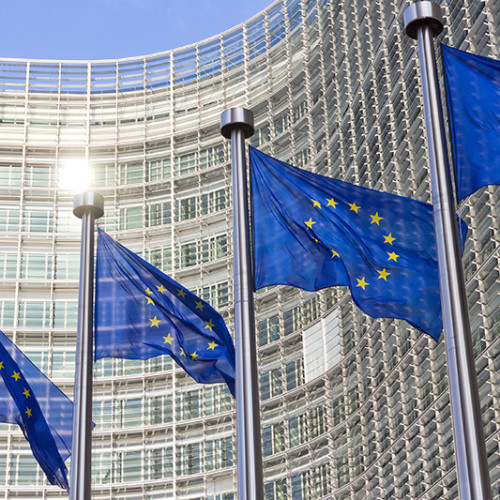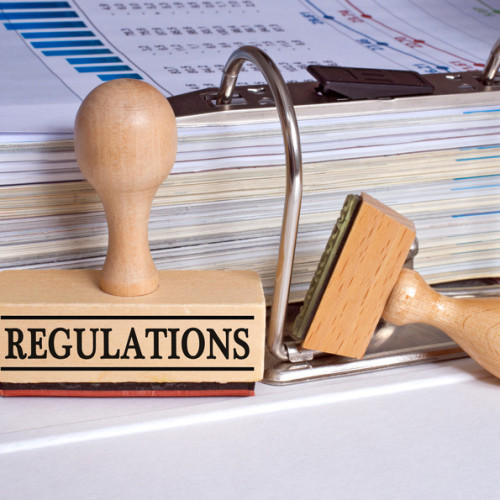
The use of algae biomass in foods is a growing market in Europe. On February 2024,a list of more than 20 new algae species has been added to the Novel Food catalogue. When there is the evidence of a traditional use of algae in any EU Member State before 15 May 1997, their use as foods and food supplements is not considered as novel and is not subject to a long and costly pre-market approval procedure according to the Novel Food Regulation. A list of around 50 algae species considered as not novel is now available in the EU Novel Food catalogue.

On 1 August 2023, the EU Commission published implementing Regulation (EU) 2023/1581 amending Implementing Regulation (EU) 2017/2470 as regards the conditions of use of the novel food ‘astaxanthin-rich oleoresin from Haematococcus pluvialis algae’. The new Regulation extends the conditions of use in food supplements for children aged 3 to less than 10 years and for adolescents aged 10 to less than 14 years of age (1).

The publication of a statutory instrument finally allows certain edible insects to be legally placed on the British market.

Alphitobius diaperinus larvae may soon be on our plates!

The conditions of use of the ingredient are now set by Regulation (EU) 2022/860.